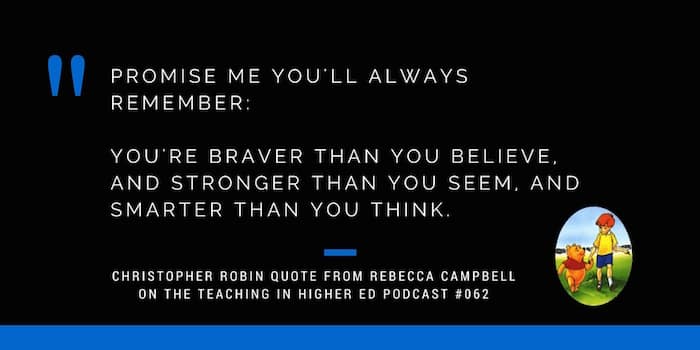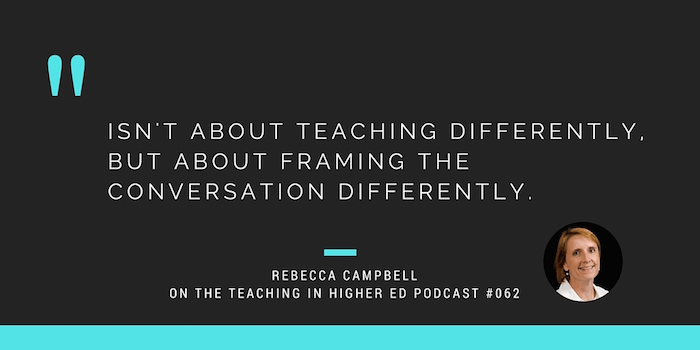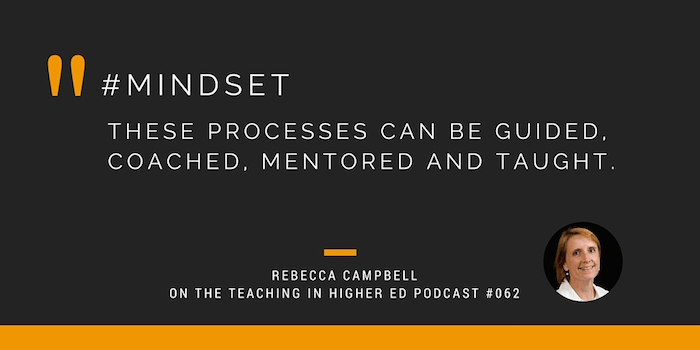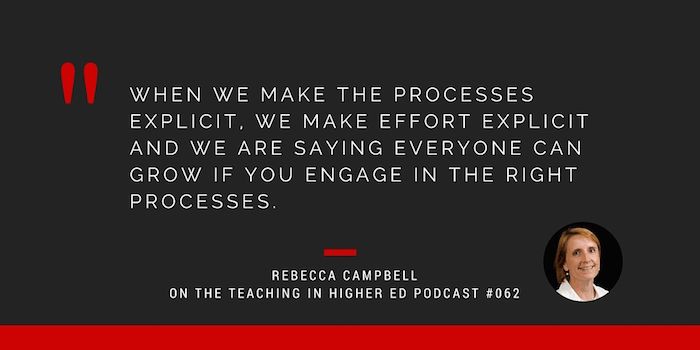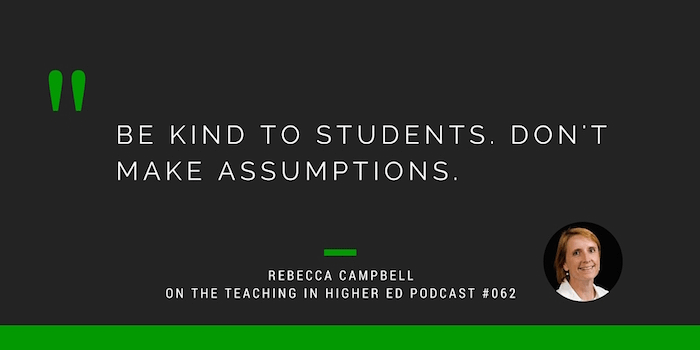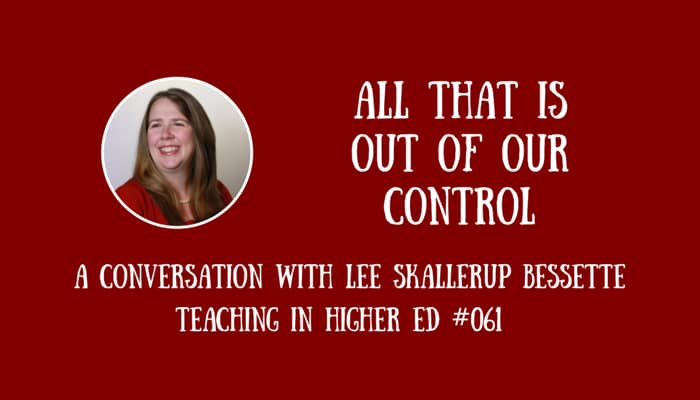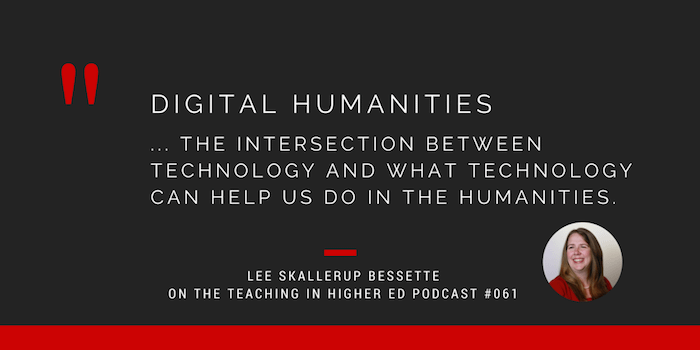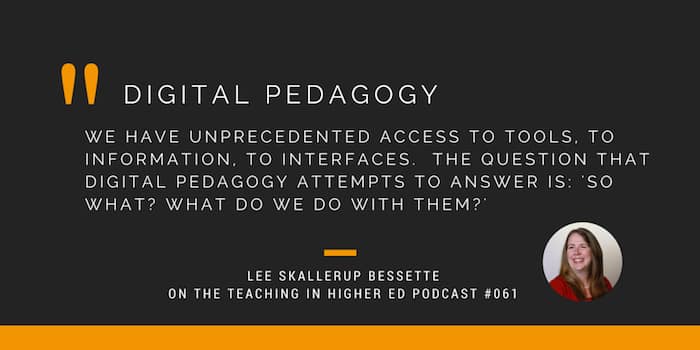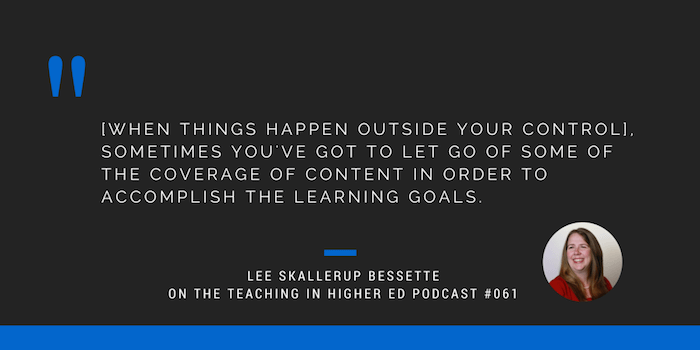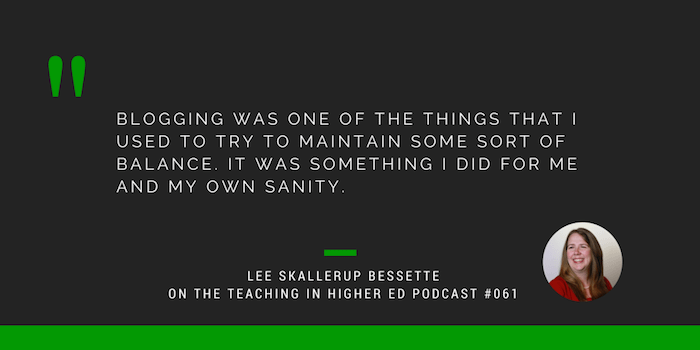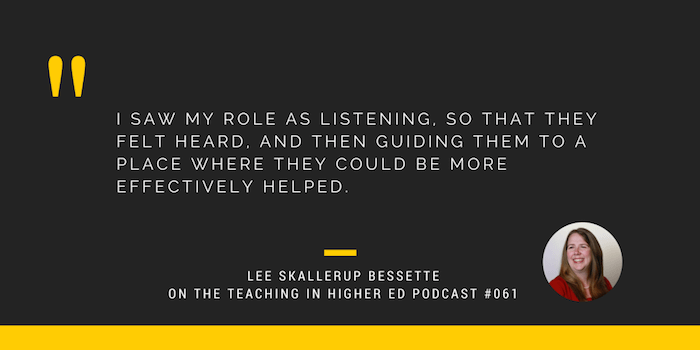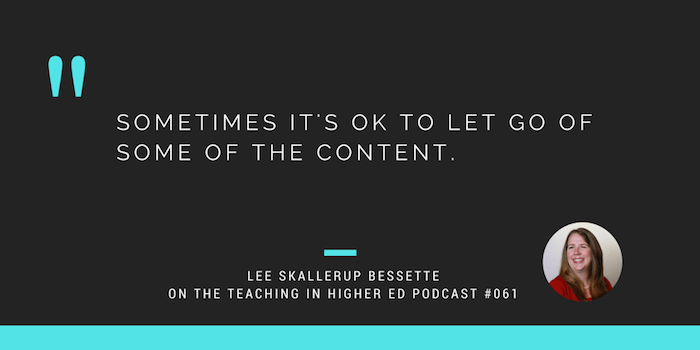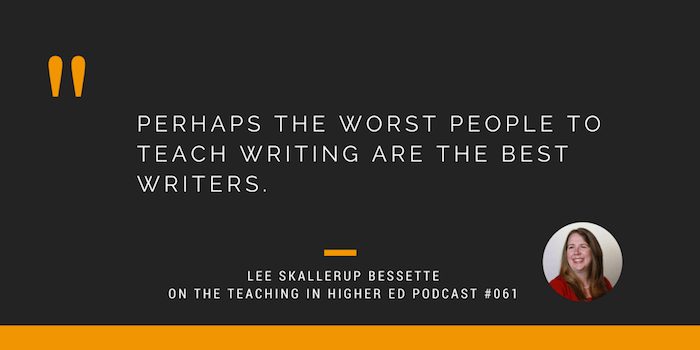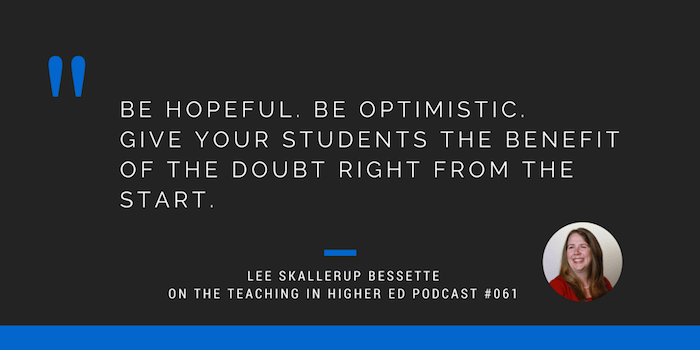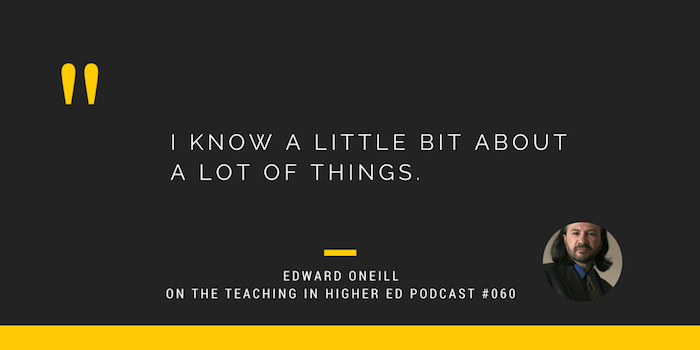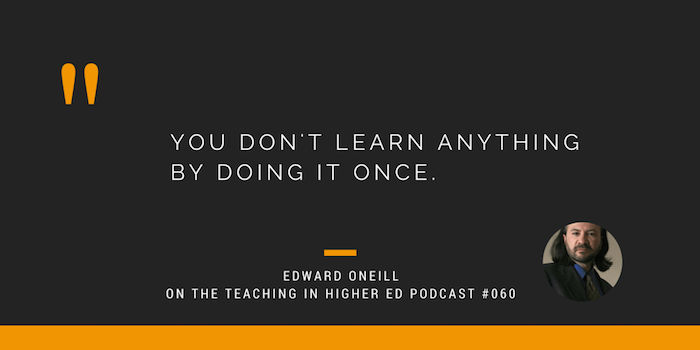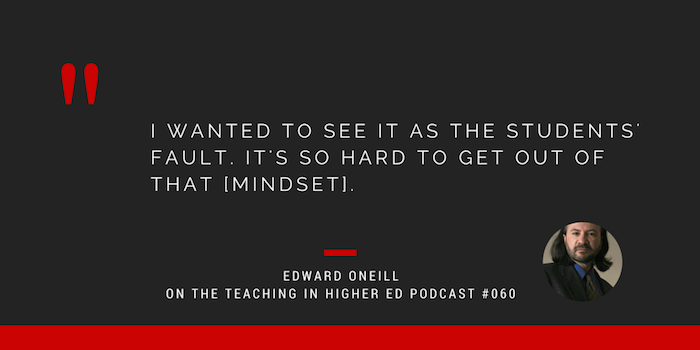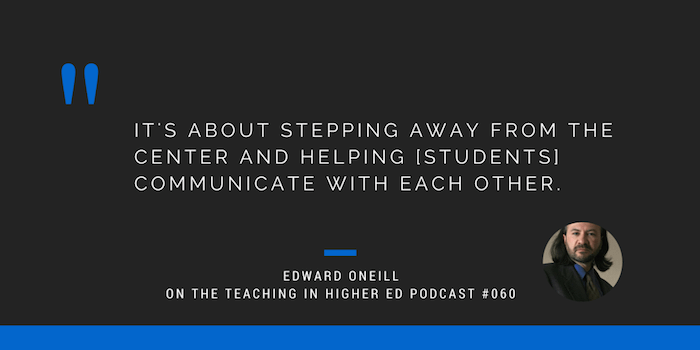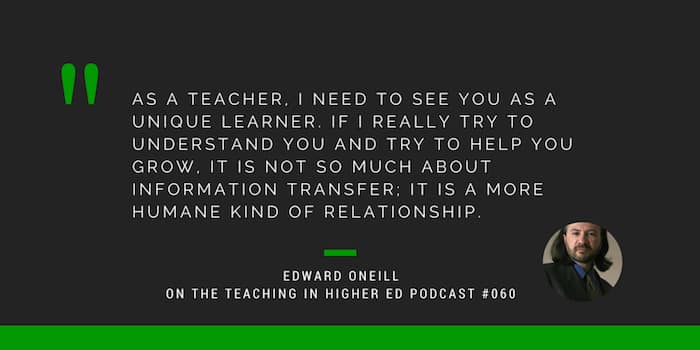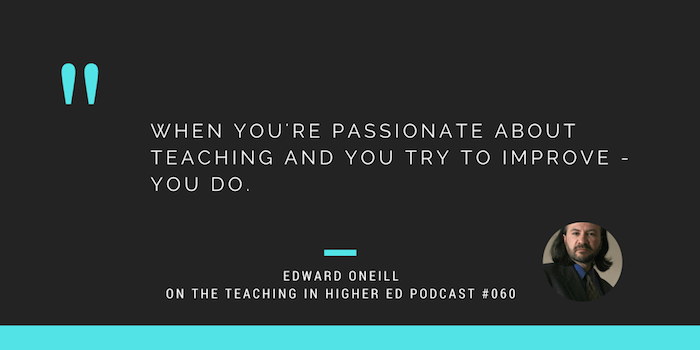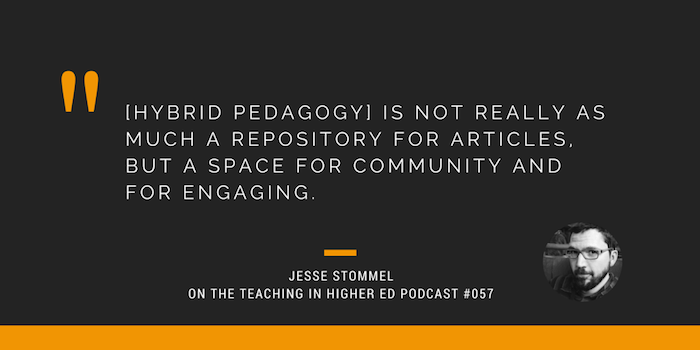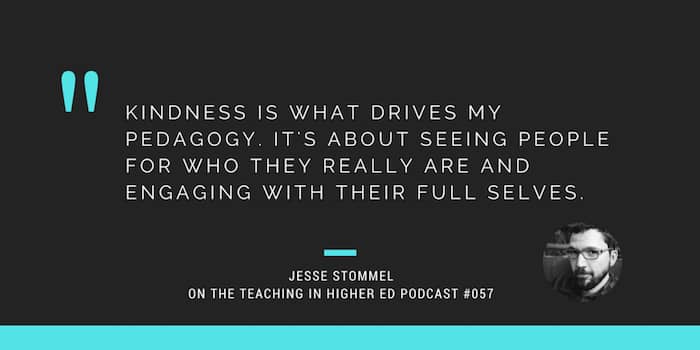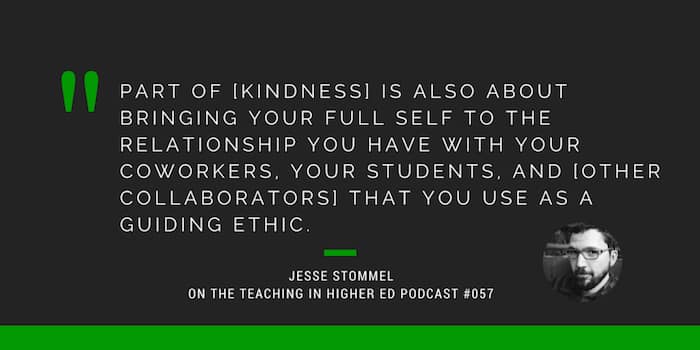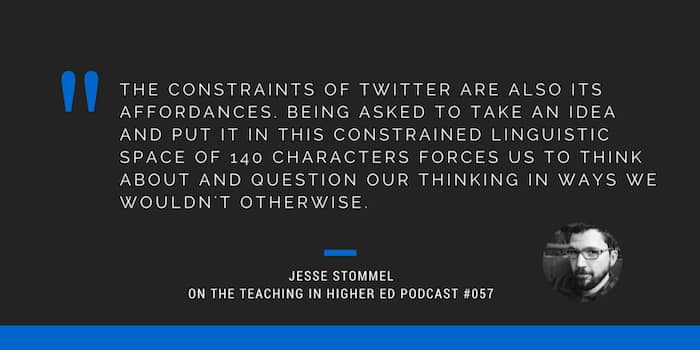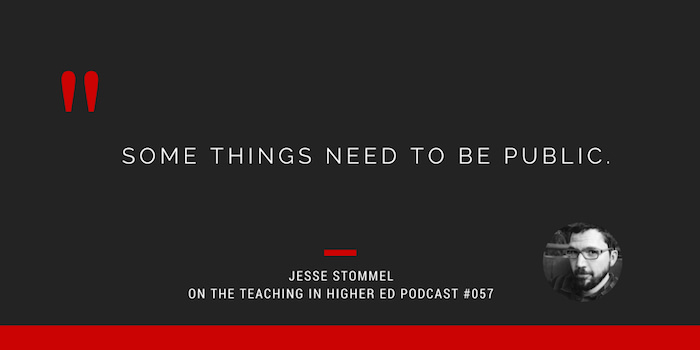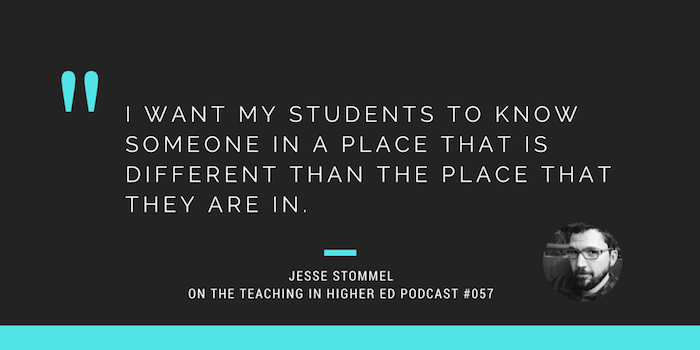Rebecca Campbell shares about the power of mindset.
Podcast notes
Mindset
Guest: Dr. Rebecca Campbell
Recommended by Michelle Miller, from episode #026.
Associate Professor of Education and the Director and Department Chair for Academic Transition Programs at Northern Arizona University.
Promise me you'll always remember: You're braver than you believe, and stronger than you seem, and smarter than you think. – Christopher Robin
Background on mindset
- Early introductions
- Dissertation work on a piece: epistemological beliefs – where knowledge comes from.
- “You either get it or you don't.”
Growth vs fixed mindset
Isn't about teaching differently, but about framing the conversation differently. – Rebecca Campbell
Performance barriers
A better way of describing those things holding students back from academic achievement
How to help students achieve more of a growth mindset
- Normalize help-seeking behavior: supplemental instruction, tutoring, writing centers, office hours, peers
- Help seeking behavior is a big deal
The shift between high school and college is pretty big. – Rebecca Campbell
… students come and arrive with lots of incoming characteristics. None of these things have to be overcome, in order for them to be successful.
- How they engage in learning. How they leverage help-seeking behaviors. << That's what defines student success.
These processes can be guided, coached, mentored and taught. – Rebecca Campbell
When we make the processes explicit, we make effort explicit and we are saying everyone can grow if you engage in the right processes. – Rebecca Campbell
We can guide students about the process of learning.
Recommendations
Bonni recommends:
- TED Talk | Brain Stevenson: We need to talk about an injustice
- Rebecca will be using his book for the freshman reading group this year:
- Just Mercy, by Brian Stevenson
- Chronicle blog post about the freshmen reading groups
Rebecca recommends:
Be kind to students. Don't make assumptions. – Rebecca Campbell
More on performance barriers
Reframing the conversation
Closing notes
- Rate/review the show. Please consider rating or leaving a review for the Teaching in Higher Ed podcast on whatever service you use to listen to it on (iTunes, Stitcher, etc.). It is the best way to help others discover the show.
- Give feedback. As always, I welcome suggestions for future topics or guests.
- Subscribe. If you have yet to subscribe to the weekly update, you can receive a single email each week with the show notes (including all the links we talk about on the episode), as well as an article on either teaching or productivity.
